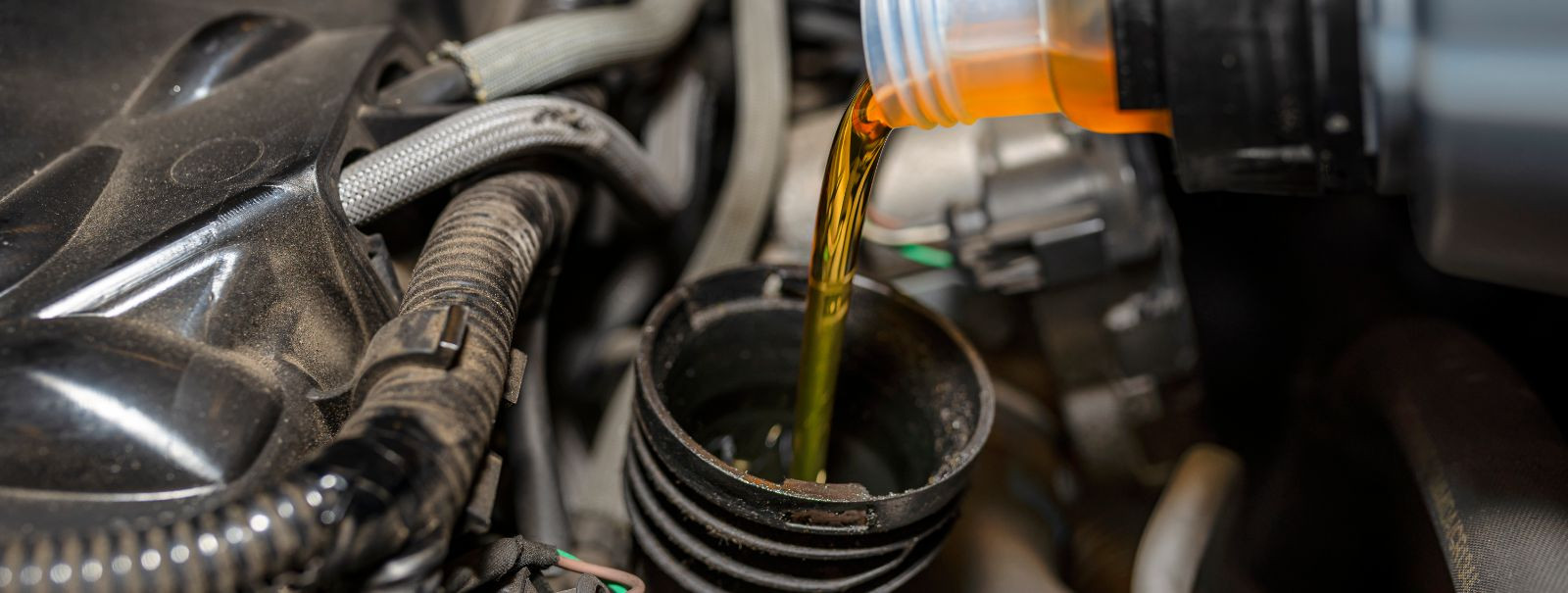Why regular oil changes can save your engine
Oil is the lifeblood of your engine, serving as a lubricant to reduce friction between moving parts. Without it, metal-on-metal contact would quickly lead to engine damage. Oil also helps to cool engine components, prevent corrosion, and keep the engine clean by suspending dirt particles away from sensitive areas.
Ignoring regular oil changes can lead to a buildup of sludge and carbon deposits, which can cause overheating, reduced fuel efficiency, and ultimately, engine failure. Regular oil changes are crucial to avoid costly repairs and maintain your vehicle's reliability.
The Importance of Regular Oil Changes
Regular oil changes help to minimize wear and extend the lifespan of engine components. Fresh oil provides better lubrication and protection against the extreme temperatures and pressures within the engine.
Keeping up with oil changes ensures that your engine runs smoothly, maintains good fuel economy, and delivers consistent performance. It also helps in reducing emissions, contributing to a cleaner environment.
An engine that regularly receives fresh oil is less likely to suffer from premature wear or failure. This simple maintenance task can significantly extend the life of your vehicle's engine, saving you money in the long run.
Understanding Oil Types and Viscosity
Conventional oil is derived from crude oil and provides basic engine protection. Synthetic oil, on the other hand, is engineered to offer superior protection and performance, especially under extreme conditions. It can also extend the intervals between oil changes.
Selecting the correct oil for your vehicle is critical. The owner's manual provides specifications for the recommended oil type and viscosity. Using the wrong oil can lead to reduced lubrication and potential engine damage.
How Often Should You Change Your Oil?
Vehicle manufacturers provide guidelines for oil change intervals, typically found in the owner's manual. These recommendations are based on the specific needs of the engine design and should be followed to maintain the vehicle's warranty.
Driving conditions such as frequent short trips, towing, or driving in extreme temperatures can affect how often you need to change your oil. In such cases, more frequent changes may be necessary to ensure engine protection.
The Oil Change Process
An oil change involves draining the old oil, replacing the oil filter, and filling the engine with fresh oil. This process ensures that your engine is not only lubricated but also free from contaminants that could cause wear.
Many service providers, like AUTO TERVIS OÜ, perform additional checks and maintenance tasks during an oil change, such as inspecting belts, hoses, and fluid levels, to ensure your vehicle is in top condition.






Comments (0)